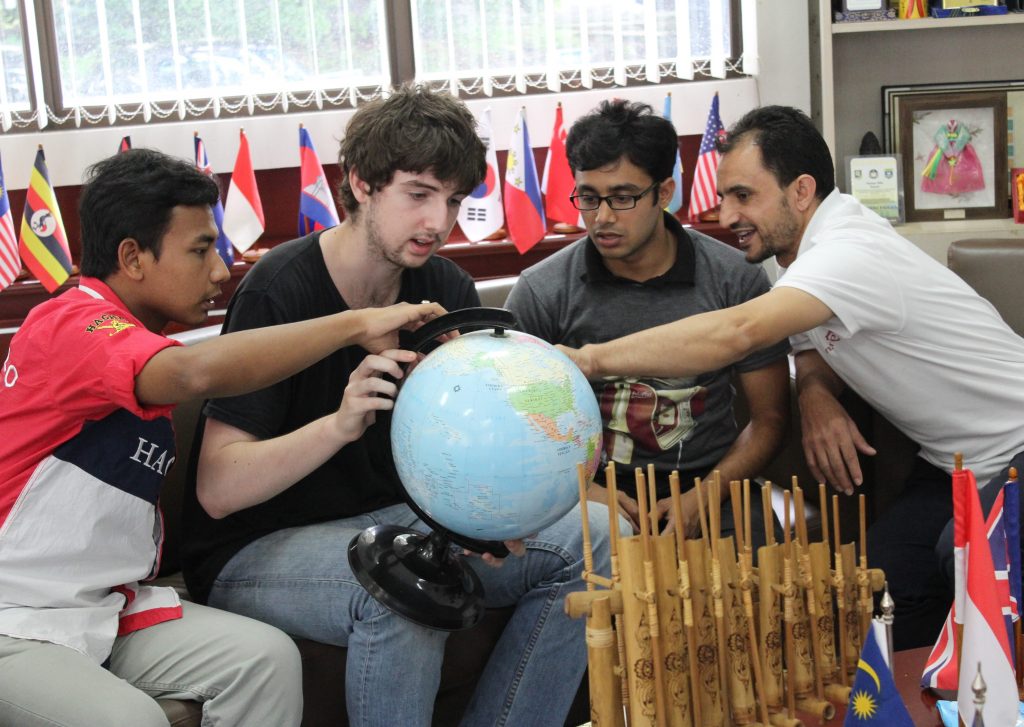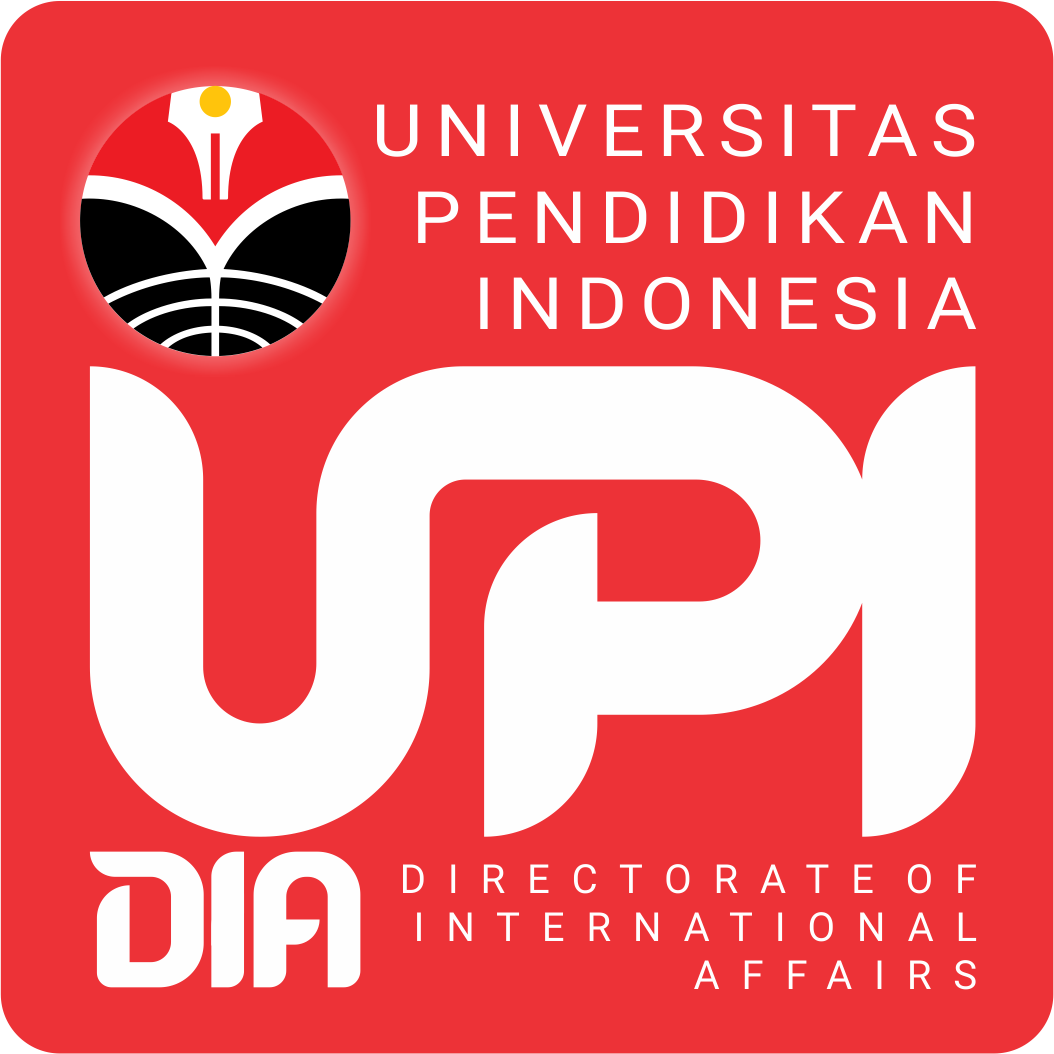The Minister of Education and Culture held an event titled ‘Kick Off G20 on Education and Culture’ which was broadcast through the Indonesian Ministry of Education and Culture’s YouTube channel. With the theme “Recover Together, Recover Stronger”, the Minister of Education, Culture, Research and Technology (Mendikbudristek), Nadiem Anwar Makarim, said that this momentum was considered appropriate to show the nation’s character in terms of collaboration between the education and employment sectors related to global crisis recovery.
The Secretary General of the Ministry of Manpower (Sesjen Kemenaker) as well as the Chair of the Employment Working Group, Anwar Sanusi, appealed to relevant parties to make their best contributions according to the G20 big theme.
“We are bringing up four issues which I think are important parts that we must do to support the big theme, issues related to sustainable job creation (sustainable job creation to the world changing world of work), then issues related to inclusive labor market and affirmative decent job for people with disabilities, then issues related to human capability development for sustainable growth and productivity, as well as issues related to adaptive and inclusive labor protection in the changing world of work,” explained the Secretary General of the Ministry of Manpower in Jakarta, Wednesday (9/2).
One of the four major themes is sustainable job creation. However, there must be a solution because of the very large number of the workforce. According to Anwar Sanusi, between education and employment, there is one issue that is very close to the education working group, namely “human capability development”.
“Mas Wikan and I happen to be dealing with the same thing where this issue is very complementary about how we can create superior human resources. However, the concept that we want to offer is that human capability development is not only the responsibility of the government and companies, but also the responsibility of the community,” he said.
The Director General of Vocational Education (Dirjen Diksi), Ministry of Education, Research Culture, and Technology (Kemendikbudristek), Wikan Sakarinto, said that to ensure the demographic bonus can be transformed into a great power, Indonesia must have superior, competent, and competent human resources (HR). according to changing times.
On the other hand, promoting the attitude of mutual cooperation to survive and recover from this pandemic condition is no less important. “Where does it force us to have to issue the power of stagnation to be more compact. The philosophy of gotong royong is more unanimous, when we experience difficulties and challenges together,” he said.
In agreement, Secretary General Anwar said that apart from the pandemic, the demographic bonus and the industrial era 4.0 were a challenge in the employment sector.
“The first issue is the demographic bonus. Without a pandemic every year, more than two million new workforces enter, dominated by millennials and some millennials. Second, with the existence of industry 4.0, which creates a future job (future of work) in terms of patterns that make the way of working very different. Therefore, we certainly have to think creatively and innovatively to see the opportunities that we can generate,” he said.
Anwar Sanusi is optimistic that through the concept of “community based vocational training”, it means community-based vocational training involving the Vocational Training Center (BLK) and religious education institutions; could be the answer. Continuing the statement, Wikan Sakarinto said that the ministry with various policies continued to encourage mutual cooperation in the development of vocational education cooperation at every level.
Wikan said, although on the one hand Covid-19 created an economic slowdown, the togetherness between stakeholders was felt to be getting stronger. “So that the strategic plan that we implement is still running, especially in translating the Merdeka Learning Campus Merdeka (MBKM) where the world of education and users (users) together understand what the real link and match is,” he added.
Mutual cooperation between various parties involved in MBKM includes a jointly prepared curriculum, providing opportunities for practitioners to teach, project-based learning, internships designed with vocational education and the world of work, teachers who are regularly trained together by industry, to industrial commitment in the absorption of graduates.
Director General Wikan is optimistic that the collaboration of various parties will make MBKM a success. He said that his party was collaborating with the Ministry of Manpower and other parties to jointly deliver the link and match concept. Wikan realized that it took time for stakeholders to understand the MBKM concept. However, when they understand and feel the impact, the collaboration that has resulted in various memorandums of agreement (MoU), industrial intervention in the curriculum is also increasing, and the presence of practitioners continues to grow.
“This all illustrates that we are doing something that might be like our arrows going backwards a little but once released it will be faster. Now, that’s the meaning of recovering together, recovering even stronger,” said Director General Wikan.


UPI Doctoral Students Conduct Community Engagement on Academic Writing and Reference Management
On April 29, 2024, four Ph.D. students in Mathematics Education from Universitas Pendidikan Indonesia (UPI) organized a community engagement activity

Universitas Pendidikan Indonesia Commits to Enhanced Public Information Disclosure
Universitas Pendidikan Indonesia (UPI) reaffirmed its dedication to transparency in public information, as expressed by its Rector, Prof. Dr. M.

Forging Academic Bonds: UPI’s Collaboration with Beijing Foreign Studies University for Educational Advancement
On Tuesday, April 16th, 2024, Universitas Pendidikan Indonesia (UPI) received a visit from Beijing Foreign Studies University (BFSU). The visit

Strengthening Educational Bonds: UPI’s Collaboration with Norwegian Afghanistan Committee for Sustainable Development
On Tuesday, April 2, 2024, Universitas Pendidikan Indonesia (UPI) received a visit from the Norwegian Afghanistan Committee (NAC). This visit
